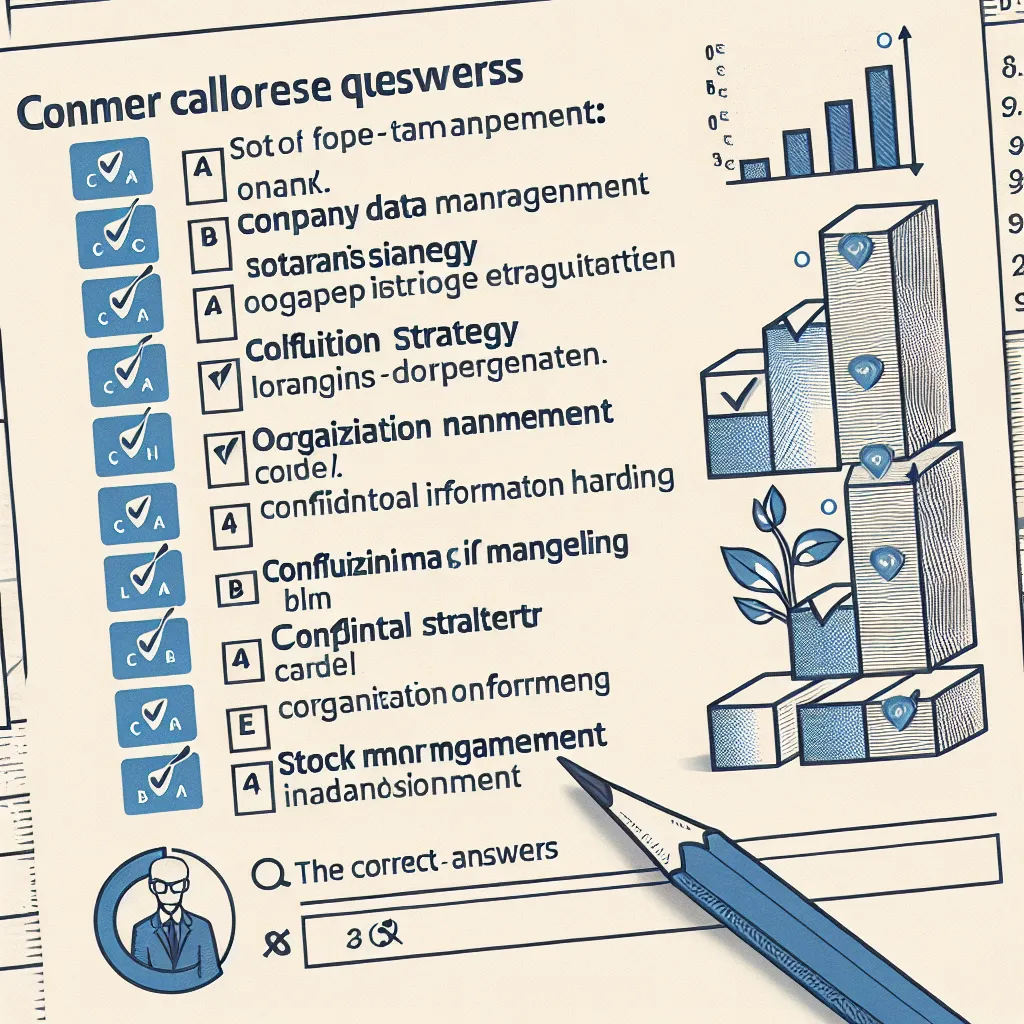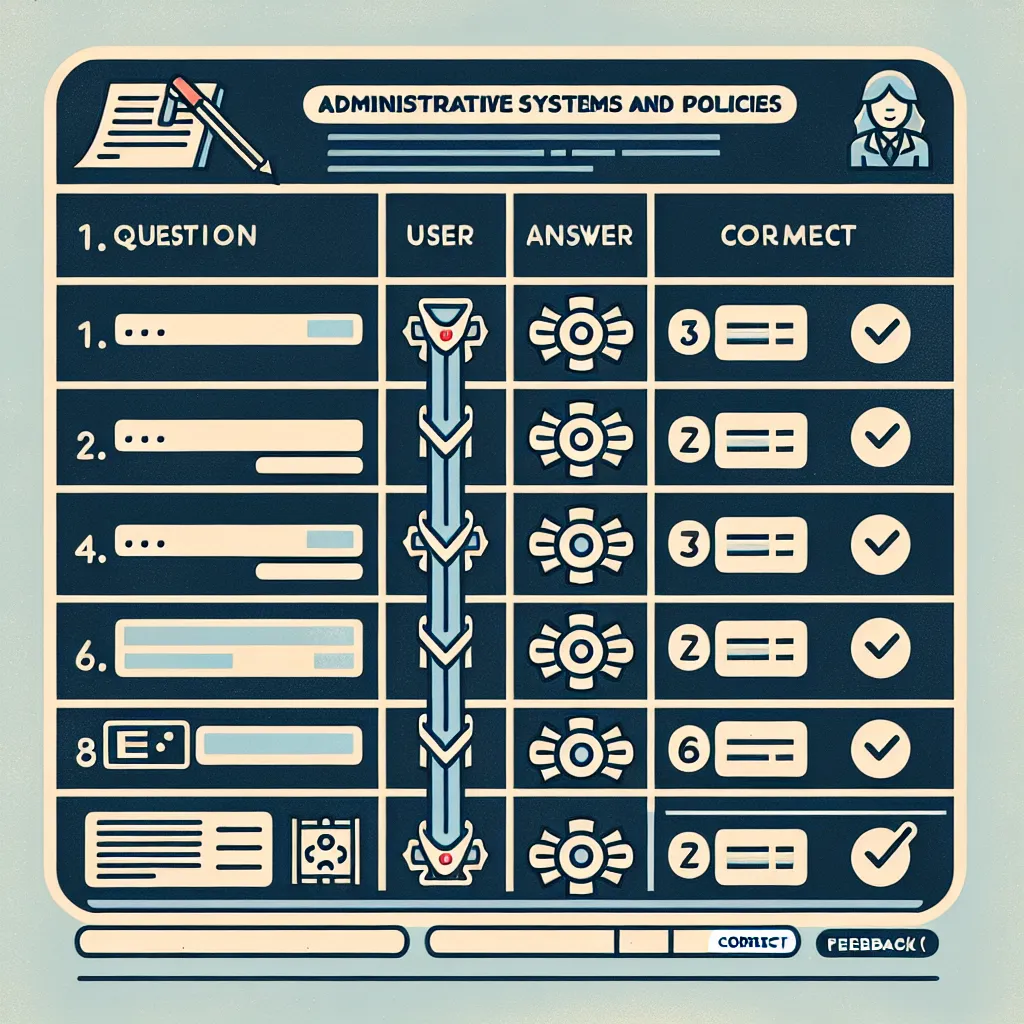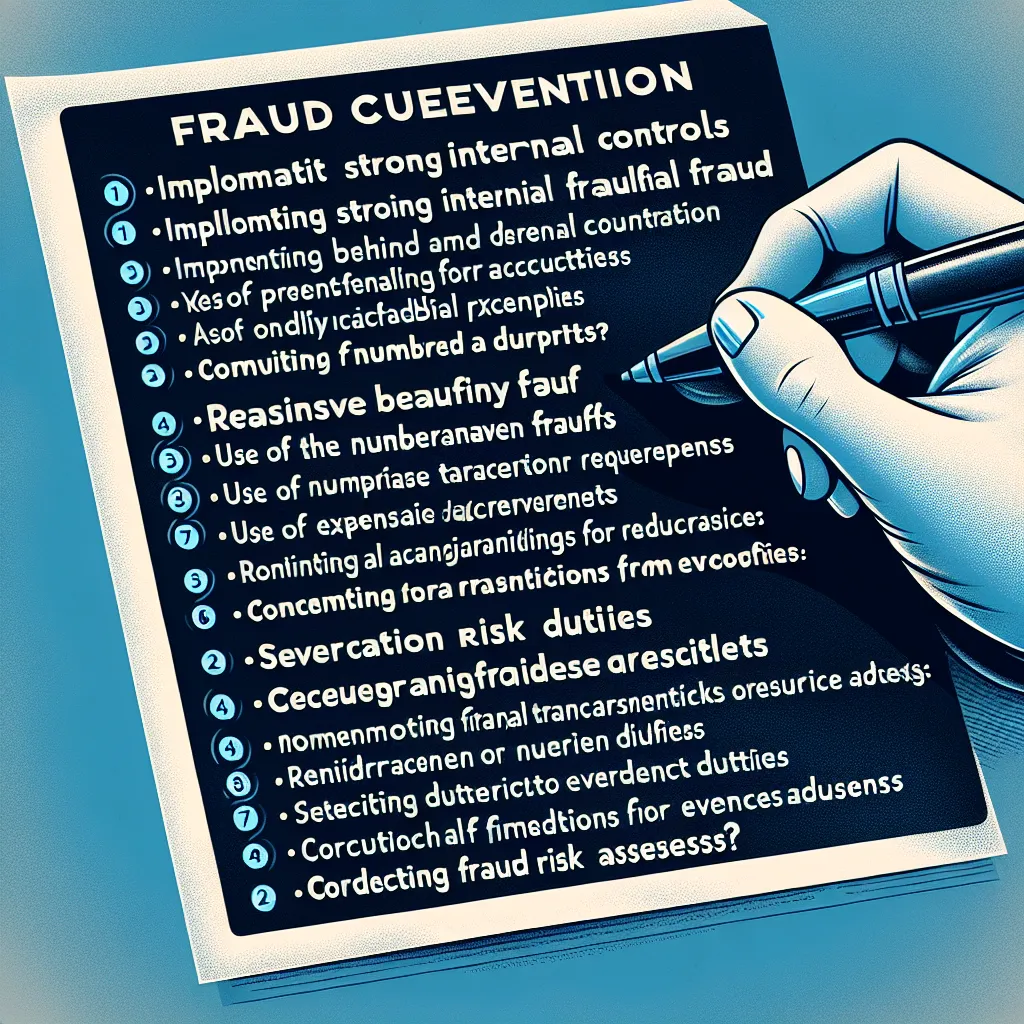Ask AI on The Internet
Question: Record management only becomes important when there is a financial audit. Question 1Answer True False Question 2 Not yet answered Marked out of 1.00 Flag question Question text Confidential information can be shared with others without legal consequences as long as it is casual information. Question 2Answer True False Question 3 Not yet answered Marked out of 1.00 Flag question Question text Office supplies like pens and paper fall under non-stocked office supplies. Question 3Answer True False Question 4 Not yet answered Marked out of 1.00 Flag question Question text Confidential information about an organization’s trade secrets can be shared with competitors if no explicit legal agreement prohibits it. Question 4Answer True False Question 5 Not yet answered Marked out of 1.00 Flag question Question text Properly managing office supplies includes maintaining minimum and maximum stock levels to prevent shortages or overstocking. Question 5Answer True False Question 6 Not yet answered Marked out of 1.00 Flag question Question text It is acceptable to dispose of confidential documents by throwing them into a regular trash bin if they are no longer needed. Question 6Answer True False Question 7 Not yet answered Marked out of 1.00 Flag question Question text A company’s record management system plays a key role in preserving institutional memory and protecting against litigation. Question 7Answer True False Question 8 Not yet answered Marked out of 1.00 Flag question Question text Legal confidentiality refers only to the protection of customer data, not internal company information. Question 8Answer True False Question 9 Not yet answered Marked out of 1.00 Flag question Question text Maintaining records of office supply usage is not necessary as long as the stock levels are visually monitored. Question 9Answer True False Question 10 Not yet answered Marked out of 1.00 Flag question Question text A confidentiality agreement can be verbal and still be legally binding in all cases. Question 10Answer True False
Let's go through each question and their respective answers: **Question 1:** Record management only becomes important when there is a financial audit. Answer: False - Record management is important at all times for ensuring compliance with regulations, supporting business operations, preserving institutional memory, and protecting against litigation. **Question 2:** Confidential information can be shared with others without legal consequences as long as it is casual information. Answer: False - Confidential information should never be shared casually. Unauthorized disclosure of confidential information can result in legal consequences. **Question 3:** Office supplies like pens and paper fall under non-stocked office supplies. Answer: False - Office supplies like pens and paper are often considered stocked office supplies as they are regularly used, inventoried, and replenished. **Question 4:** Confidential information about an organization’s trade secrets can be shared with competitors if no explicit legal agreement prohibits it. Answer: False - Sharing trade secrets and confidential information with competitors is generally prohibited and can have legal consequences, even if no explicit legal agreement exists. **Question 5:** Properly managing office supplies includes maintaining minimum and maximum stock levels to prevent shortages or overstocking. Answer: True - Proper management involves tracking inventory levels to ensure there are neither shortages nor excess supplies. **Question 6:** It is acceptable to dispose of confidential documents by throwing them into a regular trash bin if they are no longer needed. Answer: False - Confidential documents should be disposed of securely, such as through shredding, to prevent unauthorized access to sensitive information. **Question 7:** A company’s record management system plays a key role in preserving institutional memory and protecting against litigation. Answer: True - An efficient record management system helps preserve organizational knowledge and provides evidence in case of legal disputes. **Question 8:** Legal confidentiality refers only to the protection of customer data, not internal company information. Answer: False - Legal confidentiality covers both customer data and internal company information. All sensitive information must be protected. **Question 9:** Maintaining records of office supply usage is not necessary as long as the stock levels are visually monitored. Answer: False - Keeping detailed records of office supply usage helps in proper inventory management, planning, and budgeting. **Question 10:** A confidentiality agreement can be verbal and still be legally binding in all cases. Answer: False - While verbal agreements can be legally binding in some cases, written confidentiality agreements are generally more enforceable and provide clear evidence of the terms agreed upon. This should help you in correctly answering the questions.
Think your answer is better than the AI's? Post it below.
Question Tags
If you want your question answered by an AI, click here.







Post your own comment: